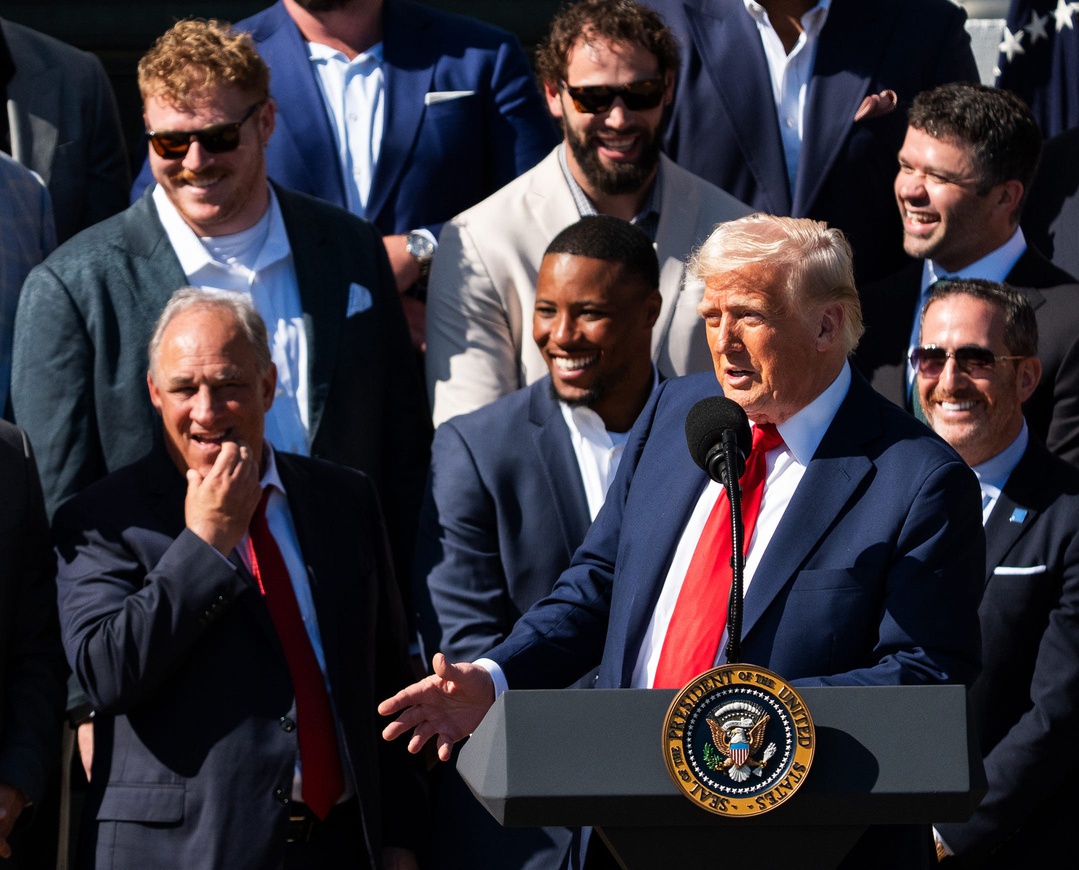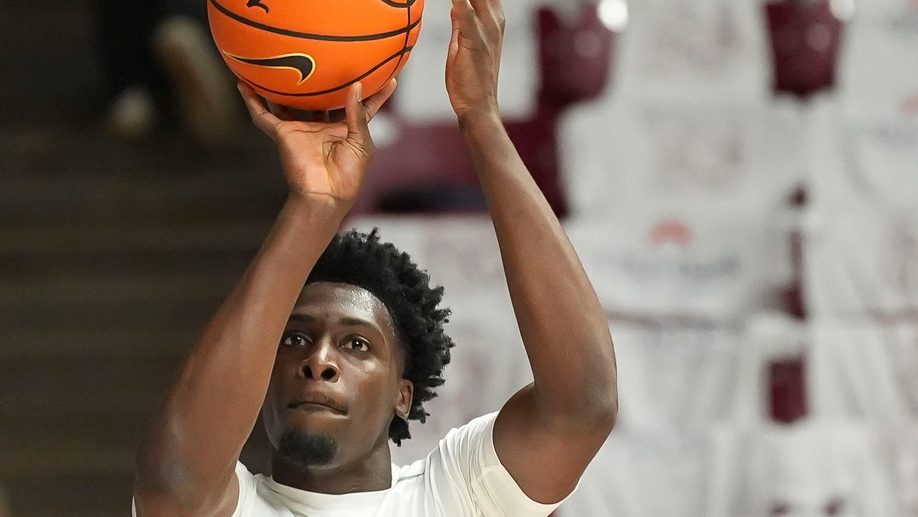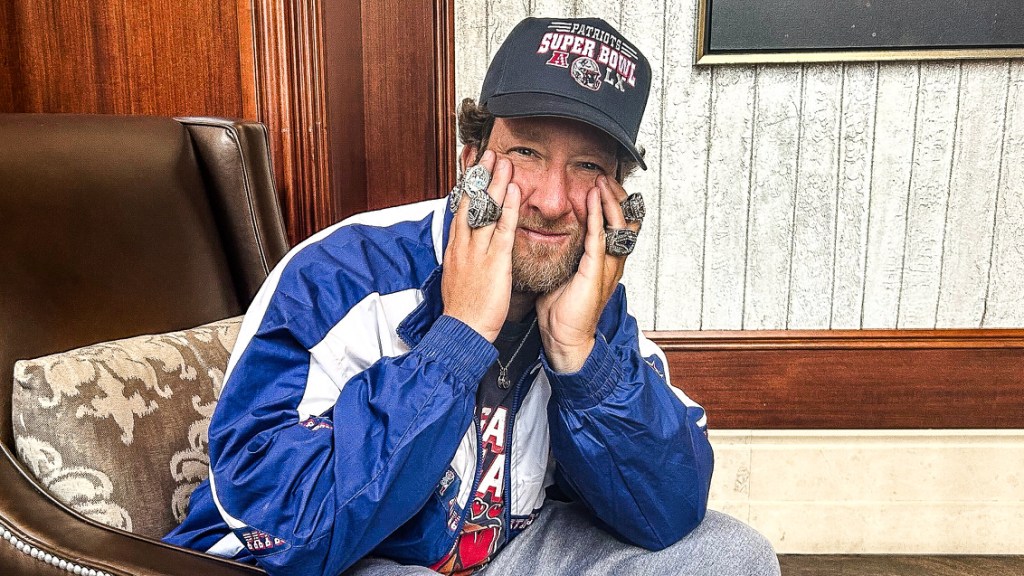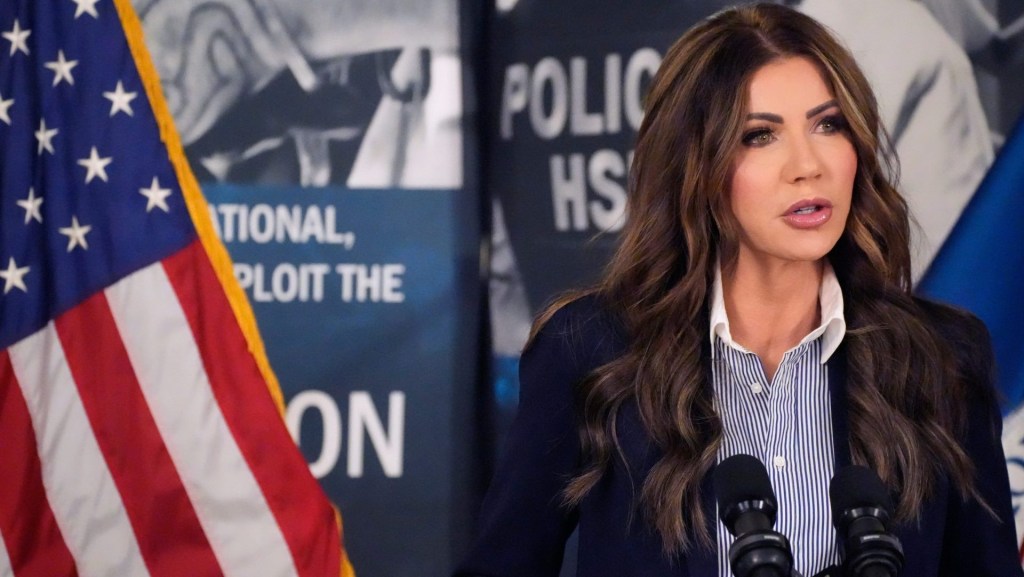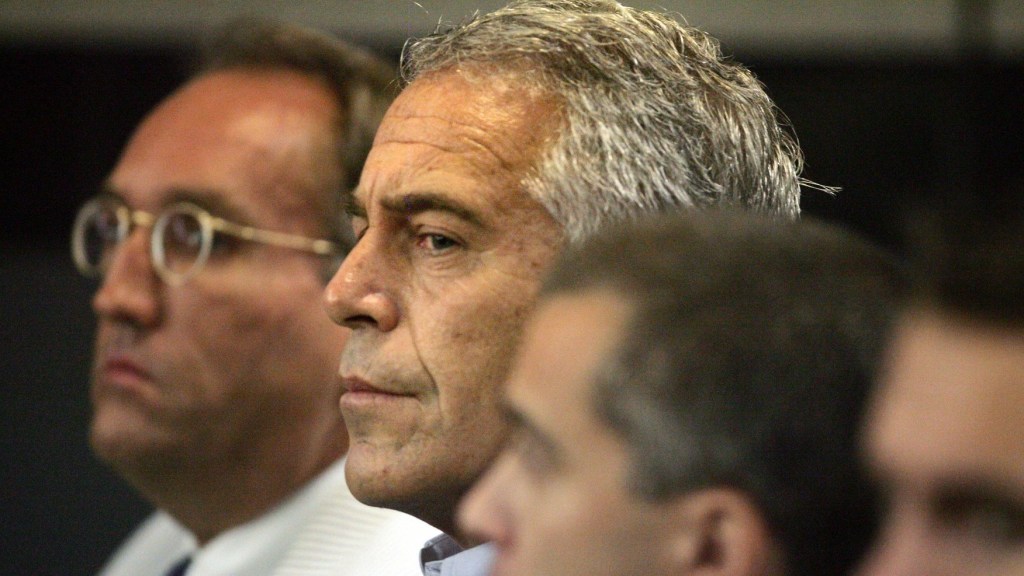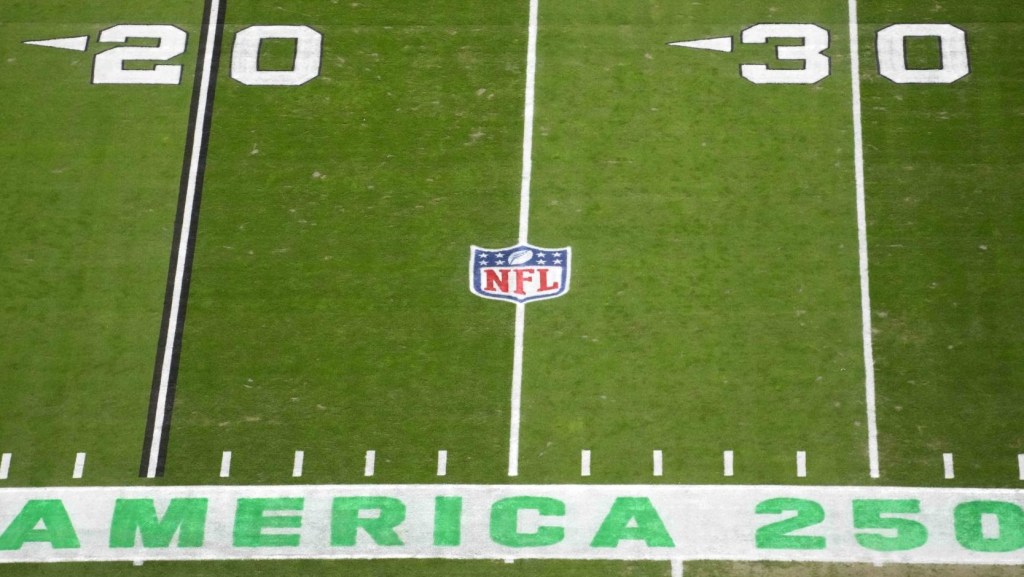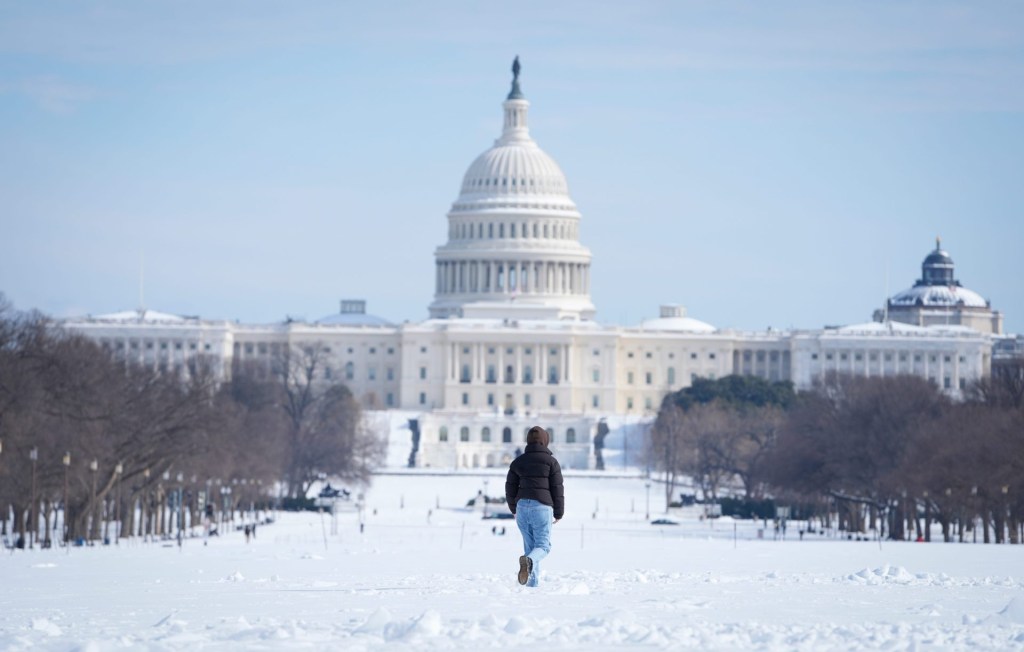Companies that import goods to the U.S. got a big win Wednesday when the U.S. Court of International Trade (CIT) blocked President Donald Trump from imposing sweeping tariffs on imports. But just one day later, the win was put on hold—for now.
In a continuation of the whiplash-inducing trade war, a federal appeals court on Thursday temporarily paused the ruling against the Trump Administration, which appealed the decision earlier in the day.
The Wednesday ruling from the Court of International Trade three-judge panel came after the lawsuit, V.O.S. Selections, Inc. v. Trump, argued that Trump’s “Liberation Day” tariffs exceeded his authority.
The case was brought by the libertarian-leaning Liberty Justice Center on behalf of six small businesses, including two in the sports world: one that sells cycling gear and another that sells fishing gear.
Jeffrey Schwab, senior counsel for the Liberty Justice Center, said in a statement that the move to stay the CIT’s judgment is “a procedural step as the court considers the government’s request for a longer stay pending appeal… We are confident the Federal Circuit will ultimately deny the government’s motion shortly thereafter, recognizing the irreparable harm these tariffs inflict on our clients.”
The court set a deadline of June 5 for the plaintiffs to respond, and June 9 for defendants to submit their reply.
Nik Holm, president of Terry Precision Cycling, a small company based in Vermont and one of the six plaintiffs in the case, said in a post on LinkedIn that the tariffs “directly impacted” the company’s ability to operate. He called the decision by the U.S. Court of International Trade “a turning point. Not just for us, but for countless small manufacturers trying to compete while staying true to their values and needs of customers.”
Terry Precision Cycling makes much of its apparel in the U.S., but also relies on a global supply chain to support its product lines, many of them designed for specific technical needs, Holm tells Front Office Sports. Its cycling apparel and saddles are manufactured in China, the Philippines, Taiwan, Italy, El Salvador, and Vietnam.
“The now-vacated tariffs disrupted our supply chains, added costs, and forced us into months of defensive planning. We had to source new raw materials, rework long-standing partnerships, and test production strategies that pulled us away from what matters most. It was a complete distraction, with no benefit to the rider, for us to spend time knocking ourselves off just to stay afloat,” Holm said in a statement after the ruling.
Other plaintiffs in the lawsuit include V.O.S. Selections, a New York wine importer; Pennsylvania-based FishUSA, which sells fishing gear; Fort Wayne, Ind.-based Plastic Services and Products; Genova Pipe in Salt Lake City, Utah; and MicroKits, a Charlottesville, Va., electronics manufacturer.
In a statement posted on the Liberty Justice Center’s website before the ruling, FishUSA founder Dan Pastore said the tariffs on imports and the uncertainty they create “threaten everything we’ve worked for.” Some of FishUSA’s gear is made in the U.S., but most is manufactured in Asia, he said, adding that the company has put some product lines on hold.
Trump has used the International Emergency Economic Powers Act (IEEPA) as the rationale for most of his second-term tariffs—including tariffs on imports from Canada, Mexico, and China over fentanyl smuggling as well as the “Liberation Day” reciprocal tariffs levied in April on virtually every U.S. trading partner. The White House’s executive order declared a “national emergency arising from conditions reflected in large and persistent annual U.S. goods trade deficit.” Trump later paused the reciprocal tariffs for 90 days to allow for negotiations, and more recently lowered the 145% tariffs on Chinese imports.
As of now, the worldwide tariffs remain at 10% for all countries, while the country-specific higher rates are set to take effect on July 9.
Since Trump announced and reversed his reciprocal tariffs, companies across nearly every industry have struggled to manage the uncertainty. Retailers that source goods from countries including Indonesia and Vietnam would have been particularly hard hit. Vietnam has become a dominant sourcing country for Nike, Adidas, On, and others, largely replacing China as the main sourcing country for athletic footwear imports, especially after Trump imposed hefty tariffs on Chinese imports during his first presidential term. ING analysts wrote in a note in April that “Vietnam and Taiwan stand out with the highest total exposure to US imports—and with large direct exposure.”
The IEEPA, enacted in 1977, gives the president broad authority to regulate international economic transactions during a national emergency stemming from a foreign threat.
In its lawsuit, the Liberty Justice Center argued that the Administration’s justification for tariffs— a trade deficit in goods—“is neither an emergency nor an unusual or extraordinary threat. Trade deficits have existed for decades, and do not constitute a national emergency or threat to security.” The LJC is a “nonpartisan, public-interest litigation firm that seeks to protect economic liberty, private property rights, free speech and other fundamental rights,” according to its website.
“The IEEPA was never previously used to impose tariffs,” Ilya Somin, a George Mason University professor and one of the attorneys representing the plaintiffs, tells FOS. “And for good reason—it doesn’t authorize tariffs.”
